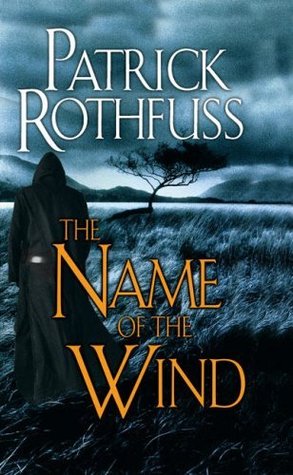Well written with an engaging plot, Ferguson draws the reader in with multiple storylines that inevitably converge. He creates a link between historical, mythical Nigeria, through colonial France and Britain to present day imperialism, the grab for oil and its subsidiary machinations. His characters are fully realized, and thus when the plot calls upon a character to act, the reader is unsurprised by the outcome. There were a few points in the novel that dragged and some of the historical setup was unnecessary, in my opinion, but overall it was an interesting read. KevinFromCanada agrees with this synopsis:
The advantage of widescreen novels is that they allow for multiple story threads, each of which has its own set of characters. While the looming global context is always present, each set of these is experiencing the impact on a purely personal level. The disadvantage of the genre is that all those story lines require a lot of background and the foreground, frankly, is pretty well known to the reader — quite a bit of not-very-compelling plowing and tilling needs to be done to set up each thread.The "widescreen novel" is an interesting term, denoting a storyline that encompasses multiple characters in multiple locations. Not a new premise, surely, but an apt description.
Ferguson's instincts as a travel writer comes through during the descriptions of setting and cultural markers. He creates the modern Nigeria in the reader's mind very well, reminding me strongly of Margaret Laurence's volume of Africa stories, The Tomorrow-Tamer, where she writes about Colonial Africa on the eve of independence. Laurence's power of observation as a diplomat's wife in 1950s Africa are invaluable, and Ferguson, in 419, writes an updated version for the 21st century. There are also echoes of Chinua Achebe when Ferguson explains the wholesale impact the oil industry has on modern Nigeria.
A novel exploring similar issues is The Headmaster's Wager by Vincent Lam. Lam creates a suspenseful story with an engaging, fully developed lead character whom the reader follows through several years of struggle. Lam does a great job of showing the consequences of greed and injustice and the impact on a single person who comes to represent either a cultural group or entire nation. However, 419 was shortlisted for the 2012 Scotiabank Giller Prize; The Headmaster's Wager was not even longlisted. In my mind, Lam's novel is the better of the two, and Ferguson's place on the shortlist is fortuitous.
Overall, 419 is an interesting read, bringing together global issues of wealth, greed, social injustice and cybercrime. Three and a half scam baiters out of five.






No comments:
Post a Comment